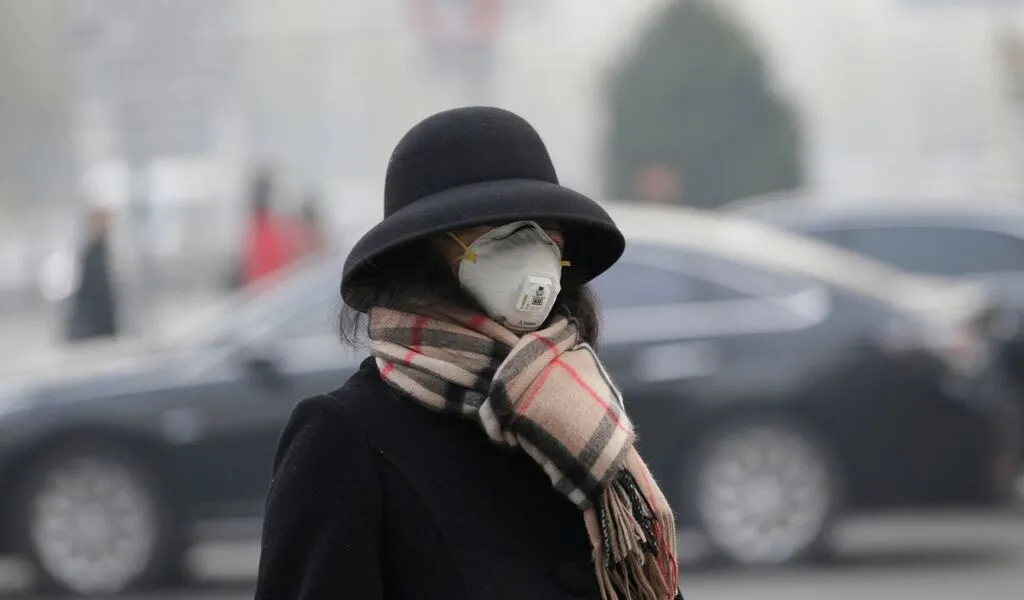(CTN News) – Recent data from the Air Quality Life Index’s annual update reveals that China’s concerted efforts to combat pollution have significantly improved air quality.
The nation’s proactive policies, including a “war on pollution” declared in 2014, have led to a remarkable 42.3% reduction in pollution between 2013 and 2021.
As a result, residents in China are projected to live 2.2 years longer due to cleaner air. While this success is noteworthy, challenges persist, as pollution levels still exceed World Health Organization (WHO) guidelines and pose potential risks to the gains made in life expectancy.
China’s Pollution Reduction Achievements
China’s extensive efforts to reduce pollution have yielded positive results, with a staggering 42.3% decrease in pollution levels over eight years. In Beijing, one of the most affected cities, pollution dropped by an impressive 56.2%, contributing to an estimated extension of 4.2 years in life expectancy for its residents.
These achievements are attributed to aggressive policies such as imposing restrictions on cars in major cities and prohibiting the construction of new coal plants in specific regions.
The success of these measures is evident in the overall reduction in global pollution during this period, despite a slight rise that would have occurred without these interventions.
Remaining Challenges and WHO Guidelines
Despite the substantial progress, China’s pollution levels still exceed WHO guidelines. The University of Chicago’s report highlights that pollution in China remains six times higher than the recommended WHO levels. Compared to Los Angeles, known for its pollution, Beijing’s pollution levels are three times higher.
The report emphasizes that sustaining the improvements in life expectancy hinges on maintaining and enhancing air quality measures.
If China’s air quality were to regress to previous levels, the gains in life expectancy could be compromised. The co-authors stress the need for continued progress toward achieving WHO-considered safe pollution concentrations.
Ongoing Health Burden and Global Air Pollution
While China’s efforts have led to significant improvements, the country still bears a substantial health burden due to pollution. It ranks second only to India in terms of life years lost as a result of pollution. Additionally, six countries, including India, China, Pakistan, Bangladesh, Nigeria, and Indonesia, are responsible for three-quarters of global air pollution.
UK’s Pollution Concerns and Ultra Low Emission Zone
Closer to the UK, the Air Quality Life Index raises concerns about particulate pollution’s impact on residents’ life expectancy. Notably, some UK residents are experiencing reduced life expectancy due to higher particulate pollution levels in 2021 compared to 1998.
In London, introducing the Ultra Low Emission Zone (ULEZ) has been met with both support and criticism. While the ULEZ has led to a reported 46% reduction in toxic nitrogen dioxide concentrations in central London, there are ongoing debates about its overall effectiveness and potential impact on working families, as highlighted by critics, including Prime Minister Rishi Sunak.
Conclusion
China’s remarkable success in reducing pollution has contributed to longer life expectancies for its residents. The implementation of aggressive policies and the declaration of a “war on pollution” have significantly improved air quality.
However, challenges remain, as pollution levels still exceed WHO guidelines, emphasizing the need for sustained efforts to ensure safe air quality levels and continued gains in life expectancy. Similarly, the UK’s experiences underscore the importance of proactive measures in addressing pollution’s impact on public health.







